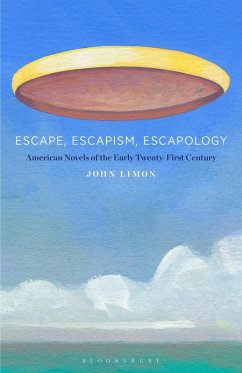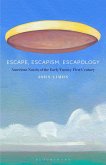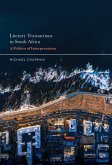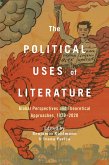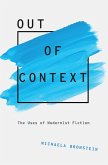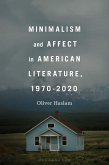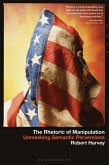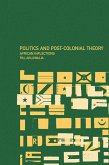Escape, Escapism, Escapology: American Novels of the Early Twenty-First Century identifies and explores what has emerged as perhaps the central theme of 21st-century American fiction: the desire to escape-from the commodified present, from directionless history, from moral death-at a time of inescapable globalization. The driving question is how to find an alternative to the world within the world, at a time when utopian and messianic ideals have lost their power to compel belief. John Limon traces the American answer to that question in the writings of some of the most important authors of the last two decades-Chabon, Diaz, Foer, Eggers, Donoghue, Groff, Ward, Saunders, and Whitehead, among others-and finds that it always involves the faux utopian freedom and pseudo-messianic salvation of childhood.
When contemporary novelists feature actual historical escape, pervasively from slavery or Nazism, it appears in their novels as escape envy or escape nostalgia-as if globalization like slavery or Nazism could be escaped in a direction, from this place to another. Thus the closing of the world frontier inspires a mirror messianism and utopianism that in US novels can only be rendered as a performative, momentary, chiasmic relationship between precocious kids and their ludic guardians.
When contemporary novelists feature actual historical escape, pervasively from slavery or Nazism, it appears in their novels as escape envy or escape nostalgia-as if globalization like slavery or Nazism could be escaped in a direction, from this place to another. Thus the closing of the world frontier inspires a mirror messianism and utopianism that in US novels can only be rendered as a performative, momentary, chiasmic relationship between precocious kids and their ludic guardians.

